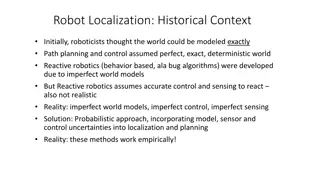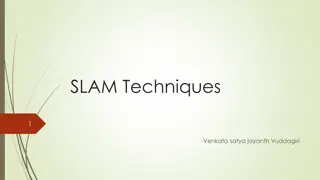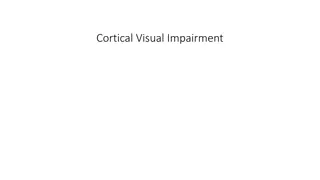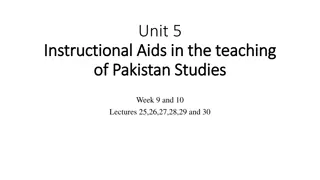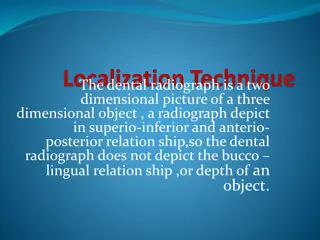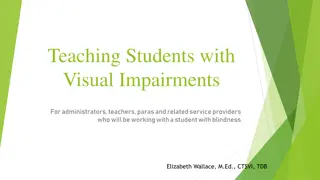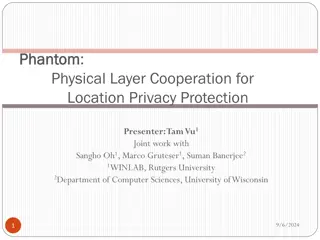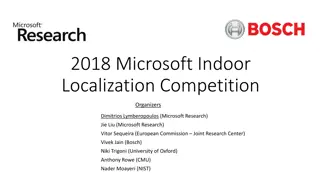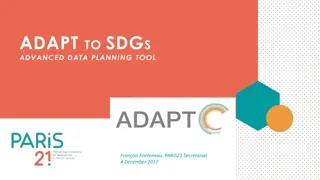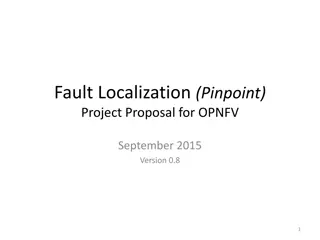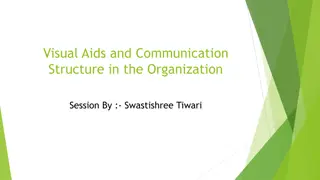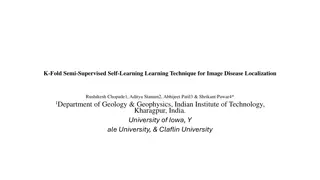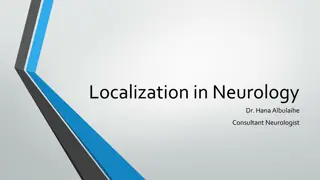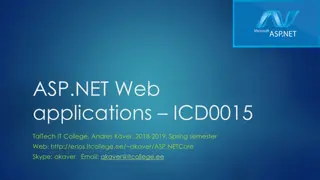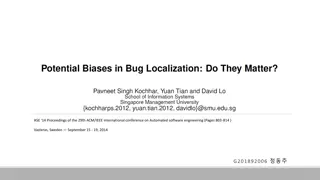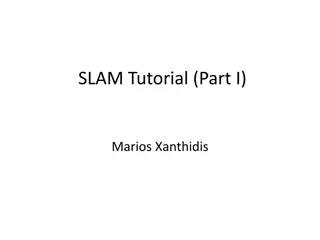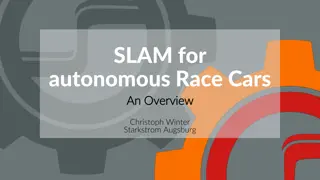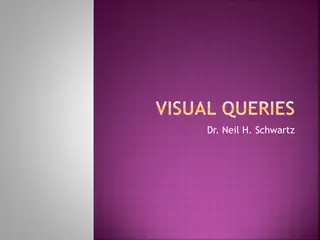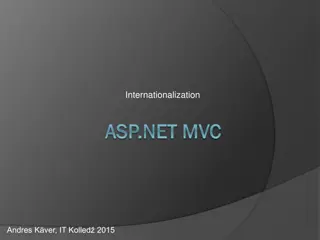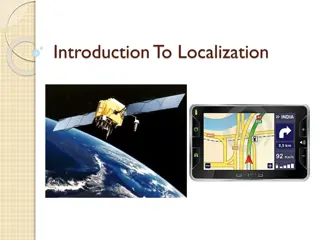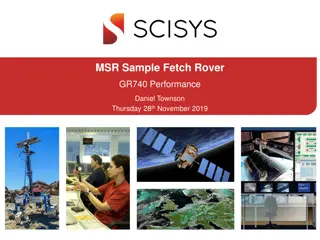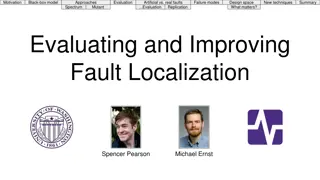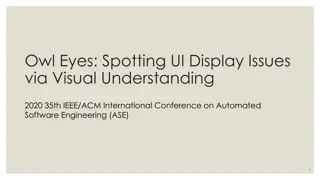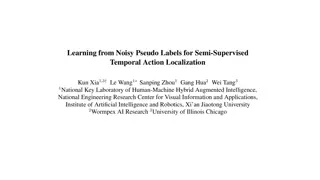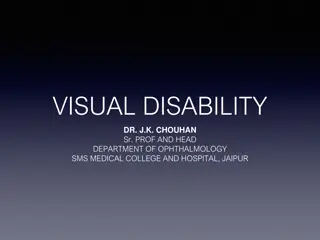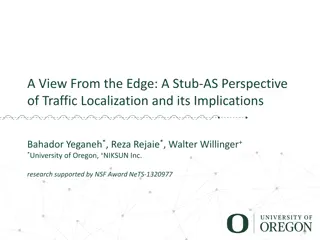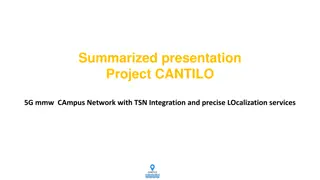textbook$ What Your Heart Needs for the Hard Days 52 Encouraging Truths to Hold On To [R.A.R]
\"[PDF] Download Universe: The Definitive Visual Guide Ebook | READ ONLINE\nFile Link => https:\/\/greatebook.club\/?book=0756698413\nDownload Universe: The Definitive Visual Guide read ebook Online PDF EPUB KINDLE\nUniverse: The Definitive Visual Guide download ebook PDF EPUB book in english langua
5 views • 1 slides
Enable 2022: The Localization Tool for PowerBuilder Applications
Enable 2022 offers a comprehensive solution for making PowerBuilder applications multilingual, revolutionizing the way applications are localized. With advanced features like dynamic language switching and support for all languages, Enable Development is a leader in PowerBuilder outsourcing and mana
3 views • 11 slides
Evolution of Robot Localization: From Deterministic to Probabilistic Approaches
Roboticists initially aimed for precise world modeling leading to perfect path planning and control concepts. However, imperfections in world models, control, and sensing called for a shift towards probabilistic methods in robot localization. This evolution from reactive to probabilistic robotics ha
2 views • 36 slides
Reinventing WiFi Signals for Accurate Indoor Localization with BIFROST
This research by the Tsinghua SUN Group introduces BIFROST, a novel approach that reinvents WiFi signals based on dispersion effect to enable precise indoor localization. The study addresses the challenge of limited line-of-sight (LoS) access points in indoor environments through Frequency and Spati
3 views • 26 slides
Understanding SLAM Techniques for Robot Localization and Mapping
SLAM (Simultaneous Localization and Mapping) is a concept crucial for robots to construct and update maps while tracking their own locations. It is likened to a chicken and egg problem, where building a map and localizing the robot occur concurrently. Hardware, landmarks, and steps involved in SLAM
0 views • 29 slides
Understanding Cortical Visual Impairment in Infants
Cortical Visual Impairment (CVI) is a condition resulting from retrogeniculate brain damage that affects visual processing in infants. Commonly observed in premature infants, CVI can manifest as atypical behaviors like staring at lights, optic atrophy, and nystagmus. The causes range from structural
2 views • 23 slides
Utilizing Instructional Aids in Teaching Pakistan Studies: Enhancing Learning Through Visual and Audio-Visual Materials
Learning and teaching in Pakistan Studies involve the use of instructional aids such as visual aids, audio aids, and audio-visual aids to enhance the teaching-learning process in schools. These aids help in¡n reinforcing knowledge, stimulating sensory organs, and facilitating quick comprehension fo
0 views • 26 slides
Localization Techniques in Dental Radiography: Enhancing Depth Perception
Dental radiographs, though two-dimensional, can be limited in depicting depth and bucco-lingual relationships. Localization techniques like the right angle and tube-shift methods are used to accurately locate objects such as foreign bodies, impacted or unerupted teeth, and salivary stones within the
0 views • 12 slides
Positron Emission Tomography: Applications in Society and Recent Developments
Positron Emission Tomography (PET) is a medical imaging technique focusing on metabolic differences in the body. By using positron-emitting radioisotopes, PET can detect how molecules are taken up by healthy and cancerous cells, aiding in accurate tumor localization with lower doses. The evolution o
0 views • 6 slides
Understanding Visual Impairments and Visual Skills in Students
Exploring the world of visual impairments, this resource delves into how individuals with blindness use their vision, the importance of visual acuity and field, and visual motor abilities. From driving to playing sports, the use of vision is crucial, with visual acuity determining clarity of sight a
3 views • 23 slides
Location Privacy Protection using Physical Layer Cooperation
The research presents PhantomPhantom, a system for protecting location privacy by leveraging physical layer cooperation. It explores the challenges of adversary localization systems and proposes solutions such as transmission power and frequency variations. The concept of creating ghost locations an
1 views • 13 slides
Microsoft Indoor Localization Competition 2018 Overview
The Microsoft Indoor Localization Competition 2018 in Porto brought together 34 teams to evaluate and compare technologies for indoor localization. The competition aimed to assess systems in 2D and 3D categories without the need for infrastructure deployment. Teams utilized LiDAR technology and were
0 views • 15 slides
ADAPT to SDGs: Advanced Data Planning Tool for Better Localization and Planning
Explore the importance of data mapping for SDGs, utilizing the ADAPT tool to enhance localization and improve data planning. This tool assists in responding to global calls, assessing statistical capacity, and enhancing data system efficiency. Learn how ADAPT aids in identifying gaps, mapping data d
0 views • 18 slides
Fault Localization (Pinpoint) Project Proposal Overview
The Fault Localization (Pinpoint) project proposal aims to pinpoint the exact source of failures within a cloud NFV networking environment by utilizing a set of algorithms and APIs. The proposal includes an overview of the fault localization process, an example scenario highlighting the need for fau
0 views • 12 slides
Effective Visual Aids in Presentations
Visual aids play a crucial role in enhancing communication and engagement during presentations. They can provide clarity, aid memory retention, and make the content more engaging for the audience. This guide covers the definition of visual aids, examples, importance, guidelines for presenting them e
0 views • 20 slides
Enhancing Image Disease Localization with K-Fold Semi-Supervised Self-Learning Technique
Utilizing a novel self-learning semi-supervised technique with k-fold iterative training for cardiomegaly localization from chest X-ray images showed significant improvement in validation loss and labeled dataset size. The model, based on a VGG-16 backbone, outperformed traditional methods, resultin
0 views • 5 slides
The Significance of Visual Literacy in Today's World
Visual literacy is increasingly crucial in our modern society, with children learning and communicating through images. Understanding the hidden messages in visual content is vital for effective communication and learning. As technology evolves, the connection between visuals and knowledge becomes m
0 views • 21 slides
Understanding Neurology: Localization, Neuroaxis Structures, and Motor Neuron Signs
Explore the intricate world of neurology with a focus on brain localization, neuroaxis structures, and the distinctions between upper and lower motor neuron signs. Delve into the functions of brain lobes, brain stem anatomy, and spinal cord functions. Discover how upper motor neuron signs indicate l
0 views • 52 slides
Understanding Localization and Internationalization in ASP.NET Core
Delve into the world of localization and internationalization in ASP.NET Core, learning about the processes of customization for different languages and regions, key concepts like culture and locale, and practical examples of implementing i18n services and injecting localization support into control
0 views • 27 slides
Investigating Biases in Bug Localization Studies: A Critical Analysis
This research delves into potential biases affecting bug localization studies in software development. It explores misclassification of bug reports, pre-localized reports, and issues with ground truth files, shedding light on the challenges in accurately predicting and localizing software bugs.
0 views • 47 slides
Unified Features Learning for Buggy Source Code Localization
Bug localization is a crucial task in software maintenance. This paper introduces a novel approach using a convolutional neural network to learn unified features from bug reports in natural language and source code in programming language, capturing both lexicon and program structure semantics.
0 views • 18 slides
Historical Overview of the SLAM Problem
The SLAM problem, a challenging task in mobile robotics, involves creating maps and determining a robot's pose in an unknown environment. Over time, researchers have made significant progress in solving this problem, dating back to the initial probabilistic methods for localization and mapping in 19
0 views • 29 slides
Understanding SLAM Technology for Autonomous Race Cars
Dive into Simultaneous Localization and Mapping (SLAM) technology used in autonomous race cars. Explore theoretical overviews, implementation methods like Extended Kalman Filter SLAM and Particle Filter SLAM, terms like scan matching and loop-closing, and popular implementations such as GMapping and
0 views • 15 slides
Understanding Visual Processing and Visualization
Visualization, defined as the representation of data or concepts in visual form, is an active and constructive process involving both products and processes. Visual processing involves just enough processing to focus on salient stimuli, with attention playing a crucial role. Visual thinking and quer
0 views • 20 slides
Understanding Robot Localization Using Kalman Filters
Robot localization in a hallway is achieved through Kalman-like filters that use sensor data to estimate the robot's position based on a map of the environment. This process involves incorporating measurements, updating state estimates, and relying on Gaussian assumptions for accuracy. The robot's u
0 views • 26 slides
Understanding Acute Visual Loss: Causes and Evaluation
Loss of vision can occur suddenly, affecting one or both eyes and various parts of the visual field. This guide explores the definition, pathophysiology, and evaluation of acute visual loss. Common causes include optic nerve diseases, retinal disorders, and vascular issues. The visual pathway from t
0 views • 37 slides
Understanding Internationalization and Localization in ASP.NET MVC
This content provides an overview of Internationalization (I18N), Globalization (G11N), and Localization (L10N) in ASP.NET MVC. It explains the processes involved in supporting different languages and regions, customizing applications, and the concepts of culture and locale.
1 views • 14 slides
Exploring the World of Localization in Mobile Computing
Delve into the realm of localization within mobile computing through two research threads, smartphone positioning systems, and enabling technology apps. Discover the sudden growth in the smartphone industry and the significance of location in applications, as envisioned by industry leaders. Uncover
0 views • 42 slides
Comparison Study Between ExoMars and Sample Fetch Rover Visual Localization Algorithms
Two space projects, ExoMars and Sample Fetch Rover, are compared based on their Visual Localization algorithms. The study focuses on the timing performance, ease of use, and consistency with previous results of the GR740 processor. Visual Odometry and challenges like motion blur and lighting differe
0 views • 16 slides
Theory and Practice: A Case with Spectrum-Based Fault Localization
This study explores the alignment between theory and practice in the context of Spectrum-Based Fault Localization (SBFL). It delves into the analysis of execution traces, assigning suspiciousness scores to program elements, comparing SBFL formulas like Tarantula and Ochiai, and introducing new formu
0 views • 15 slides
Software Bug Localization with Markov Logic
Software bug localization techniques like Tarantula focus on finding likely buggy code fragments in a software system by analyzing test results, code coverage, bug history, and code dependencies. The lack of an interface layer in existing techniques leads to handcrafted heuristics, posing a persiste
0 views • 17 slides
Exploring Fault Localization Techniques in Software Debugging
Various fault localization techniques in software debugging are discussed, including black-box models, spectrum evaluation, comparison of artificial and real faults, failure modes, and design considerations. The importance of effective fault localization and improving fault localization tools is hig
0 views • 24 slides
Enhancing UI Display Issue Detection with Visual Understanding
The research presents a method utilizing visual understanding to detect UI display issues in mobile devices. By recruiting testers and employing visual techniques, the severity of issues like component occlusion, text overlap, and missing images was confirmed. CNN-based models aid in issue detection
0 views • 17 slides
Handling Label Noise in Semi-Supervised Temporal Action Localization
The Abstract Semi-Supervised Temporal Action Localization (SS-TAL) framework aims to enhance the generalization capability of action detectors using large-scale unlabeled videos. Despite recent progress, a significant challenge persists due to noisy pseudo-labels hindering efficient learning from ab
0 views • 30 slides
Understanding Visual Disability and Certification Process in Ophthalmology
Visual disability, including blindness and low vision, is defined by specific criteria related to visual acuity and field of vision. Classification into different impairment categories is based on the severity of visual limitations. Certification of visual disability requires evaluation by a Medical
0 views • 5 slides
SonicSurface 2.0: Interactive Mirrors with Sound-Based Localization Technology
SonicSurface 2.0 presents a cutting-edge approach to interactive smart mirrors using sound-based localization technology. By eliminating the need for expensive touch surfaces, this innovation offers a cost-effective and flexible alternative for a range of applications from games to smart home setups
0 views • 14 slides
Understanding Indoor Localization Algorithms
Indoor localization algorithms play a crucial role in determining the position of objects in indoor environments. Various methods such as GPS, TOA, TDOA, AOA, RSSI, and fingerprinting are employed for accurate localization. These algorithms measure factors like signal travel time, angle of arrival,
0 views • 21 slides
Fast and Efficient MPM Solver for Strain Localization Problems
This study presents a fast and efficient Material Point Method (MPM) solver for strain localization problems, introducing the Generalized Interpolation Material Point Method (GIMPM) and Convected Particle Domain Interpolation (CPDI). The MPM computational phase involves mapping, nodal solution, and
0 views • 19 slides
Traffic Localization at the Edge: Implications for User Performance
This paper explores the localization of traffic at the edge network by major content providers, its impact on user performance, and the methodology to measure traffic locality. Using data from the University of Oregon, the study identifies top content providers such as Netflix and Akamai while inves
2 views • 23 slides
Project CANTILO: Advancing 5G Campus Network with TSN Integration
Project CANTILO focuses on developing a 5G campus network in millimeter frequencies with TSN integration and precise localization services. It aims to leverage the unique characteristics of 5G, such as millimeter wave technology, for industrial applications. The project involves channel modeling, ne
0 views • 10 slides
![textbook$ What Your Heart Needs for the Hard Days 52 Encouraging Truths to Hold On To [R.A.R]](/thumb/9838/textbook-what-your-heart-needs-for-the-hard-days-52-encouraging-truths-to-hold-on-to-r-a-r.jpg)

